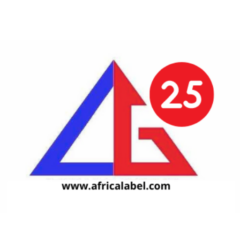
Study of the socio-economic impact of the culture sector on development in Mali
ALG carries out this mission as part of the implementation of the project “Donko ni Maaya – Crisis prevention and strengthening of social cohesion through the promotion of the culture sector in Mali.
Title of the mission: study of the socio-economic impact of the culture sector on development in Mali
Country of intervention: Mali
Client: GIZ
Period: May-July 2022
The mandate entrusted to ALG by GIZ and the Ministry of Culture of Mali consists of:
- take stock of the cultural and creative sector in Mali;
- assess the weight of culture in the national economy through its contribution to GDP, its ability to
- create jobs and income in the formal sector and its share in household consumption;
- show the interaction between culture and development;
- propose the main axes for the elaboration of a strategic plan for the development of the culture sector, in particular the Cultural and Creative Industries;
- propose advocacy to arouse the interest of decision-makers, investors and development partners to invest in this sector.







